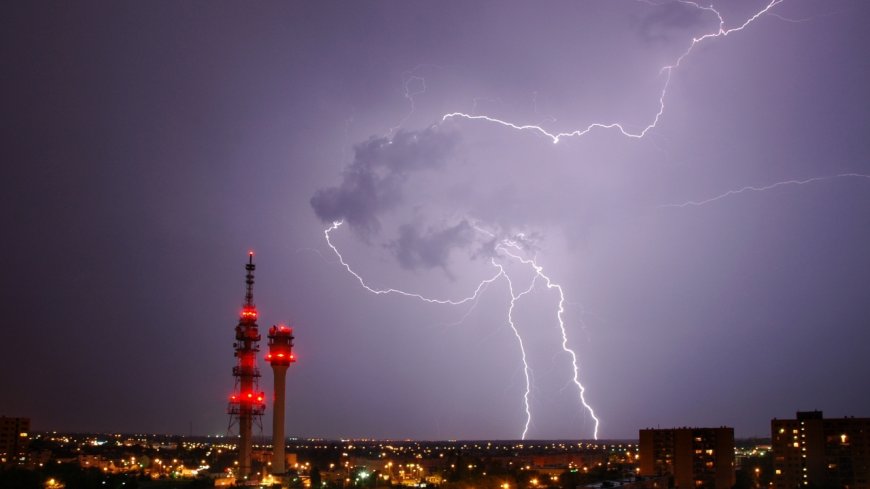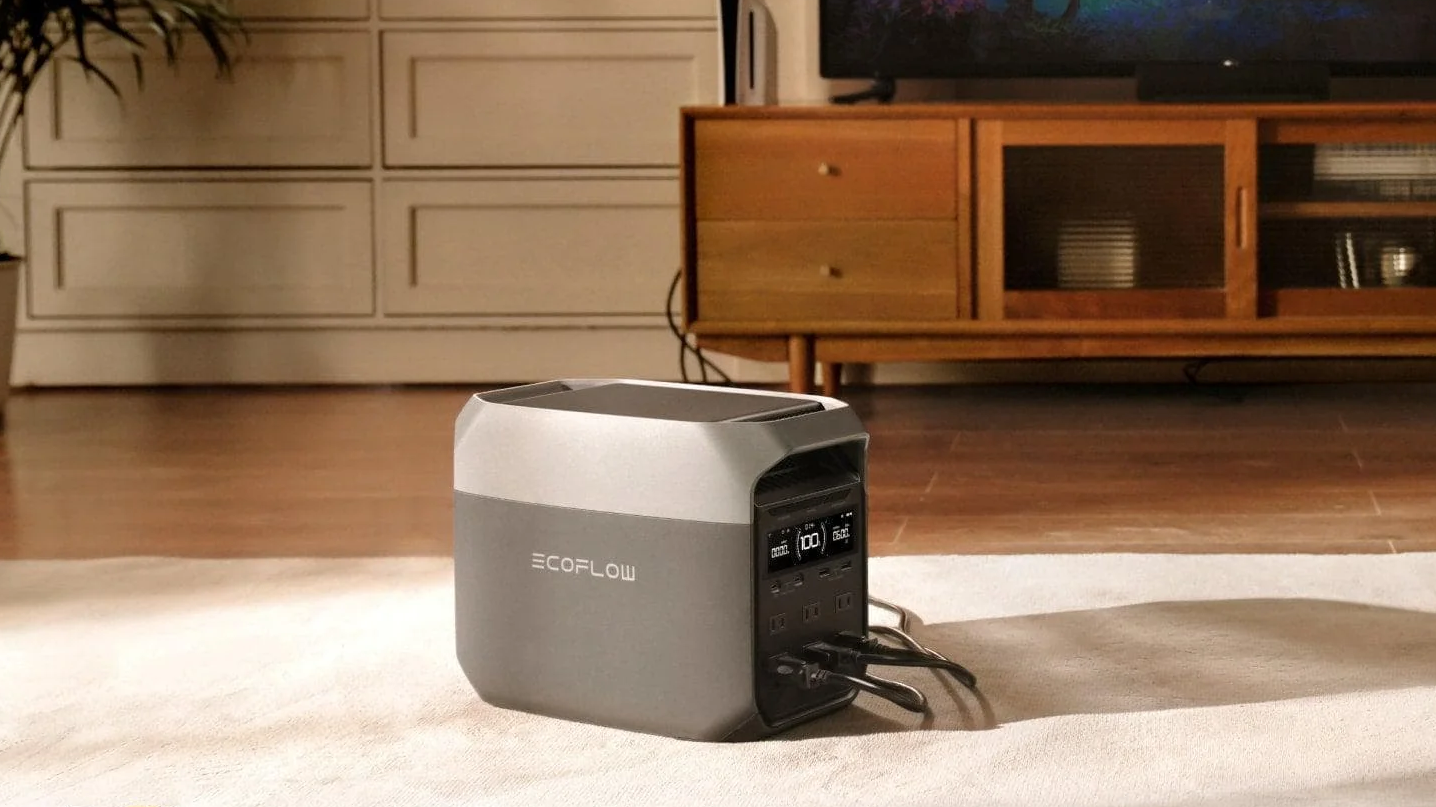Lightning Protection System: Copper vs Aluminum
In a country like Bangladesh, where heavy rains and thunderstorms are common, a well-designed Lightning Protection System in Bangladesh is not just a precaution—it’s a necessity. At Power Ark Engineering, we specialize in designing and implementing lightning protection solutions that keep people, properties, and infrastructure safe from nature’s most unpredictable force.

Introduction:
Bangladesh experiences a high frequency of lightning strikes annually, especially during the monsoon season. These strikes can result in devastating damage to buildings, electronics, and even human lives. That's why investing in a reliable Lightning Protection System in Bangladesh is crucial. At Power Ark Engineering, we provide modern solutions that effectively divert electrical discharges and prevent catastrophe before it starts.
Understanding Lightning Protection Systems
Before diving into the copper vs. aluminum debate, let’s understand what a lightning protection system is.
A lightning protection system (LPS) is a network of conductors, grounding rods, and strike termination devices designed to intercept lightning strikes and safely channel the electrical energy into the ground. It consists of:
-
Air Terminals (Lightning Rods): Capture lightning strikes.
-
Conductors: Carry the electrical current from the air terminals to the ground.
-
Ground Electrodes: Dissipate the current into the earth.
-
Bonding and Interconnections: Ensure all metallic parts are at the same electrical potential.
Why Material Choice Matters: Copper vs Aluminum
When designing an LPS, the material you choose can make or break the system’s effectiveness. The two most commonly used materials are copper and aluminum.
Let’s break down their features:
Copper: The Gold Standard of Conductivity
Copper is often regarded as the best conductor for lightning protection—and for good reason.
Advantages of Copper:
-
High Conductivity: Copper’s electrical conductivity is second only to silver. This means it offers low resistance, enabling it to carry large electrical currents safely.
-
Durability: Copper is extremely resistant to corrosion, especially in humid and saline environments like those in Bangladesh.
-
Mechanical Strength: It’s less likely to break or degrade under stress.
-
Longevity: A copper-based system can last decades with minimal maintenance.
Disadvantages of Copper:
-
Cost: Copper is significantly more expensive than aluminum.
-
Theft Risk: Due to its high resale value, copper installations are often targets for theft.
Aluminum: A Lighter, Cheaper Alternative
Aluminum is another popular material, especially in budget-sensitive projects.
Advantages of Aluminum:
-
Cost-Effective: Aluminum is much cheaper than copper, making it a go-to choice for large projects.
-
Lightweight: Easier to handle and install, especially in tall buildings.
-
Acceptable Conductivity: Although not as conductive as copper, it still performs well when properly sized.
Disadvantages of Aluminum:
-
Corrosion Risk: Aluminum corrodes faster, especially in the coastal and humid climate of Bangladesh.
-
Mechanical Weakness: More prone to breakage under mechanical stress.
-
Compatibility Issues: Aluminum and copper cannot be connected directly without special fittings due to galvanic corrosion.
Performance Comparison: Copper vs Aluminum
|
Feature |
Copper |
Aluminum |
|
Electrical Conductivity |
Excellent |
Good |
|
Corrosion Resistance |
High |
Low |
|
Mechanical Strength |
High |
Moderate |
|
Installation Cost |
High |
Low |
|
Longevity |
50+ years |
20–30 years |
|
Maintenance |
Low |
Moderate |
If you're dealing with critical infrastructure like data centers, hospitals, or power stations in Bangladesh, Power Ark Engineering always recommends using copper for enhanced durability and safety.
Environmental Considerations in Bangladesh
In Bangladesh, the humid, saline, and pollution-prone environment can severely impact the lifespan and efficiency of aluminum systems. This makes copper the more practical and long-lasting choice, despite the initial cost.
At Power Ark Engineering, we’ve seen time and time again how copper-based systems outperform aluminum installations in the long run. While aluminum may save money upfront, the higher maintenance costs and shorter lifespan often negate those savings.
Application-Based Recommendations
When to Choose Copper:
-
Commercial Buildings
-
Industrial Plants
-
Critical Facilities (Hospitals, Data Centers)
-
Coastal Areas
When Aluminum Can Be Considered:
-
Residential Projects
-
Low-Rise Buildings
-
Non-Coastal, Dry Regions
Even when using aluminum, Power Ark Engineering ensures proper insulation, coatings, and bonding techniques to improve its performance and longevity.
Standards and Compliance
A proper Lightning Protection System in Bangladesh must comply with international and local standards such as:
-
IEC 62305
-
NFPA 780
-
BNBC Guidelines (Bangladesh National Building Code)
Power Ark Engineering ensures that all systems, regardless of material, meet or exceed these standards for maximum protection and reliability.
Maintenance and Inspections
Regular inspections are essential, especially for aluminum systems which are more susceptible to wear and tear. Copper systems, on the other hand, require far less maintenance.
We recommend:
-
Annual Inspections
-
Post-Thunderstorm Assessments
-
Checking Bonding and Grounding Systems
Cost vs Safety: Making the Right Choice
While aluminum may seem attractive due to its lower cost, copper provides peace of mind with superior performance and long-term savings. When it comes to the safety of your home or business in Bangladesh, cutting corners is not advisable.
That’s why Power Ark Engineering always performs a cost-benefit analysis tailored to your project needs, ensuring you get the best protection at the best value.
Final Verdict: Copper Wins in Most Cases
When you consider all factors—conductivity, durability, resistance to corrosion, and safety—copper clearly emerges as the superior choice for most Lightning Protection Systems in Bangladesh. While aluminum can serve well in certain scenarios, it simply cannot match copper’s all-around performance.
Conclusion
Choosing the right material for your Lightning Protection System in Bangladesh can mean the difference between safety and vulnerability. At Power Ark Engineering, we prioritize your protection by offering solutions backed by science, experience, and integrity. Whether it’s copper or aluminum, we ensure it’s the right fit for you.

















































































